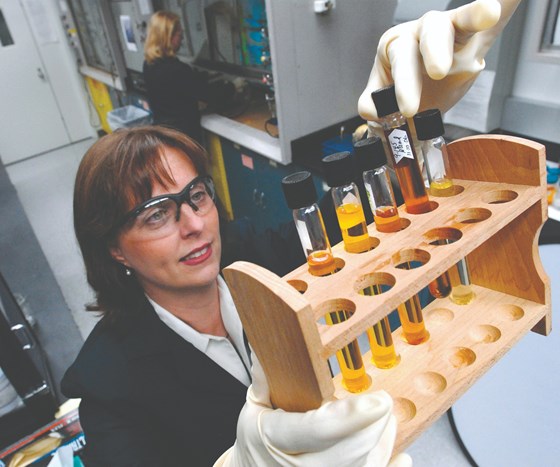 What does Heinz Ketchup have to do with plastics and the Ford Motor Co.?
What does Heinz Ketchup have to do with plastics and the Ford Motor Co.?
The answer may surprise you.
Debbie Mielewski, senior technical leader, Materials Sustainability, Ford, explains the automaker and the ketchup maker are working together on finding the ways and means to use the skins from the more than two million tons of tomatoes that Heinz processes each year as fillers in composite materials that would be used by Ford for components in its vehicles.
That’s right: tomato skins could be used in a Mustang or a Continental at some point in the not-too-distant future if Mielewski and her colleagues can make it work.
The search for alternatives to "conventional" plastic materials is nothing new at Ford. Back in the 1940s Henry Ford experimented with using soy beans as a source of plastics. In 1941 Ford built what could be considered something along the lines of what a Saturn would be in 1990: a steel frame covered with 14 bio-based plastic panels.
"I find myself doing a lot of things that Henry Ford did way back when,” Mielewski says, adding, “I think he would be so thrilled."
For the full story from Plastics Technology, click here.
